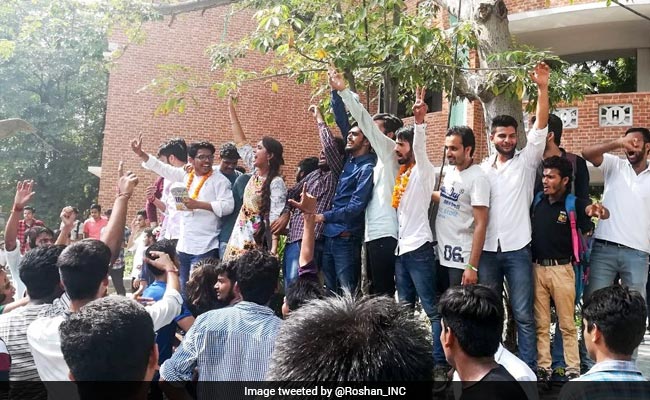A special musical night will be hosted at the newly built Bharat Mandapam at Pragati Maidan for heads of state attending the G20 Summit on Saturday. The event will see the presentation of various forms of classical Indian music by artists from different parts of the country. The evening will showcase the unique music of Bharat Vadya Darshan, a harmonious journey of India through various music forms.
The program will feature only classical and folk tunes. No Bollywood songs will be presented at the event, which is being overseen by Sangeet Natak Academy’s Chairperson Dr Sandhya Purecha.
From the presentation of Rabindranath Tagore’s popular song Ekla Chalo Re to Rajasthani folk artists’ performance, the musical night is set to be an exciting affair.
Music and tunes from Gujarat and Southern India will also find a place at the event. Some of the major genres included in the presentation are Hindustani, Carnatic, folk, and contemporary music. The event will conclude with a presentation of the Mile Sur Mera Tumhara song.
The Bharat Mandapam, which will be hosting various G20 Summit events, has state-of-the-art facilities such as exhibition halls, an interpreter room that supports 16 different languages, a convention centre, an amphitheatre, huge video walls, a light management system with dimming and occupancy sensors, Data Communication Network (DCN) and integrated surveillance system.
Apart from the cultural event, the 18th G20 Summit will also be a stage to display India’s culinary variety to the world. World leaders attending the G20 summit in Delhi will get a taste of lip-smacking Indian street food, including flavourful delicacies from Chandni Chowk, as well as innovative dishes made from millet.
Hotels are coming up with various millet-based dishes for world leaders staying with them. Over 10,000 delegates are expected to attend the summit being hosted over the weekend in the national capital.
Millets will occupy the centre stage at the G20 Summit in more ways than one. An exhibition has also been planned at the 1,200-acre Pusa Campus of the IARI (Indian Agricultural Research Institute).
















